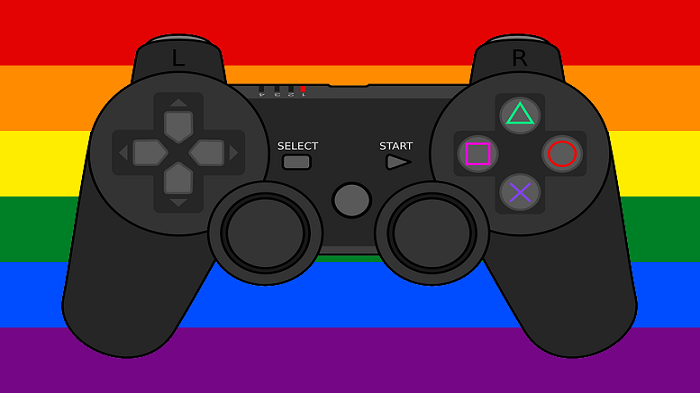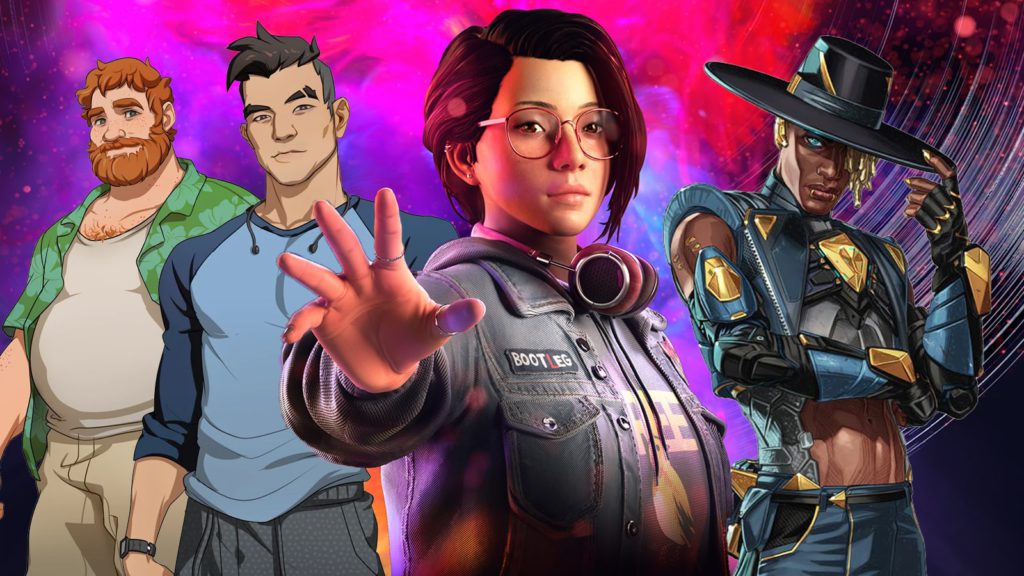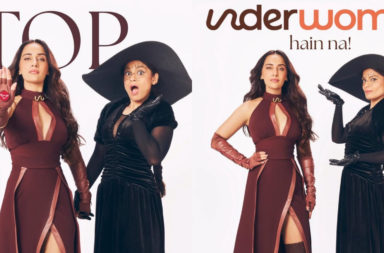A significant revelation has come to light in video games, a world teeming with diverse characters and boundless narratives: 17% of gamers identify as LGBTQ! This striking statistic, unveiled by GLAAD in its inaugural survey of the gaming industry, juxtaposes sharply with the fact that less than 2% of console video games feature LGBTQ characters or storylines. Such a disparity raises pivotal questions about representation and inclusivity in a domain cherished by millions worldwide.

Video games, for many, are not merely a form of entertainment; they are a sanctuary. A place where the trials of reality can be exchanged for the triumphs of virtual achievement. For LGBTQ gamers, especially, the digital realm offers a unique space for self-expression and exploration, free from the constraints and prejudices of the real world. According to GLAAD’s survey, a resounding 75% of queer respondents from states with recent anti-L.G.B.T.Q. legislation reported that gaming allowed them to express themselves in ways they felt uncomfortable or unable to do in their everyday lives.
This poignant detail underscores the critical role gaming plays as a lifeline, particularly for younger players navigating their identity. “That statistic should pull on everyone’s heartstrings,” remarked Blair Durkee, who spearheaded the survey. The emphasis on young gamers highlights an urgent need for the gaming industry to foster an environment that mirrors the diversity and complexity of its audience.

Despite the apparent scarcity of LGBTQ characters in mainstream console games, the community has found solace and representation in characters like Lifeweaver from Overwatch 2 and Ellie from The Last of Us. These characters, though few and far between, serve as beacons of progress, signalling a slow but steady shift towards more inclusive storytelling. Organisations like NYC Gaymers, a collective that hosts gaming nights for the queer community, underscore the importance of such representation. As founder Raffy Regulus points out, even dedicated gamers struggle to name LGBTQ characters, highlighting an industry-wide gap.
The call for inclusivity extends beyond the realm of character representation. It touches on the very fabric of online gaming environments, where a majority of queer gamers report experiencing harassment. This stark reality further amplifies the necessity for safer, more welcoming digital spaces where all players can engage without fear of discrimination or abuse.
Also Read: AI-Generated Products Make Their Way Into TikTok and YouTube Videos
GLAAD’s report is a clarion call to action, urging the gaming industry to transcend the notion that L.G.B.T.Q.-inclusive games are a niche market. The findings reveal an apparent demand for games that reflect the rich diversity of their audience, not as a special category, but as a standard. The global gaming revenue, surpassing that of film and music combined, speaks volumes about the potential impact of such inclusivity. Younger generations, in particular, are spending as much time gaming as they are watching television, indicating a profound opportunity for the industry to evolve.

The involvement of organisations like GLAAD in consulting on games like The Sims 4 and Tell Me Why, which introduced the first playable transgender character in a major studio game, marks a promising step forward. Yet, as many within the LGBTQ gaming community attest, progress feels painstakingly slow. The desire for more diverse hiring practices within the industry to better reflect and articulate the lived experiences of gay individuals is a testament to the ongoing struggle for representation.
The intersection of gaming and LGBTQ identity is a testament to the power of virtual worlds as spaces of freedom, exploration, and belonging. The GLAAD survey not only sheds light on the disparities in representation but also illuminates the path forward: an inclusive, diverse gaming universe that truly reflects its myriad players. As the industry continues to evolve, the hope is that it will embrace this diversity, not as an optional add-on, but as the core of what makes gaming a universal language of connection and understanding.


